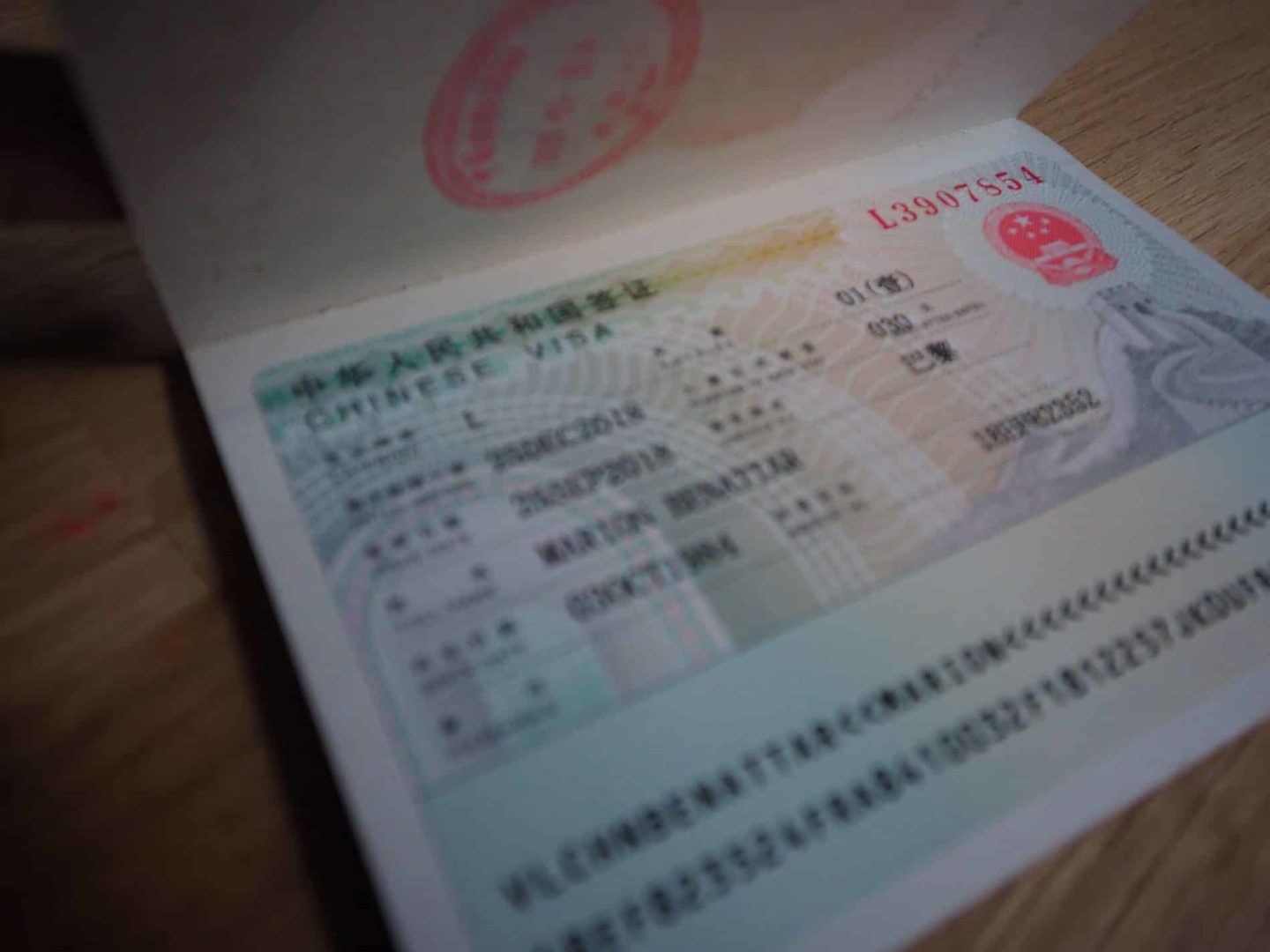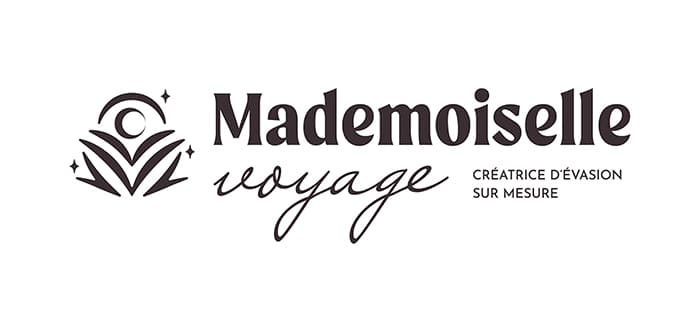
A trip to China needs to be prepared in advance, which is why we’ve prepared a practical guide with all the tips you need to make your stay a success!
You don’t go to China without first finding out about the various formalities for entering the country, internet connections, phone cards, transport and much more, because once you’re there, you’re likely to feel a little lost and waste a lot of time. With the language barrier and the country’s prohibitions, it’s best to plan ahead!
- Flying timeParis -> Chengdu: approx. 10 hours with Air China, with a stopover in Chengdu to take the domestic flight to Kunming (duration: 1h30). Allow for a total flight time of around 15h, including 3 hours of stopovers.
- Direct flight Paris -> Kunming, operated by China Eastern Airlines on Mondays, Thursdays and Saturdays and every Monday, Thursday and Saturday in the direction Kunming -> Paris. This saves you transits and transfers via Guangzhou, Beijing, Shanghai or Hong Kong. Flight time to Paris – > Kunming or Beijing: approx. 10h and 11h for Paris – > Shanghai
- Winter time difference : + 7h / When it’s 12pm in France, it’s 7pm in China. (summer schedule: +6h)
The Chinese currency is renminbi (RMB), also known as yuan or kuai.
You can change euros as soon as you arrive at the airport, or at exchange offices in major cities. Beware: it’s quite difficult to change euros at weekends. You’ll find ATMs in cities like Kunming, Dali, Jianshui… and you can also withdraw cash at most banks (please present passport and credit card).
Credit card payments are fairly rare, except in hotels and stores. Make sure you have some cash on you for any small expenses!
For China and Yunnan, no vaccine is mandatory. However, we recommend that you are up to date with your universal vaccinations (diphtheria, tetanus, polio, whooping cough, hepatitis B). Take out insurance to cover medical expenses, repatriation, trip cancellation, etc.
Water is not drinkable in China, but bottled water is readily available. Don’t forget to pack a small first-aid kit with basic essentials such as disinfectant gel, which can be used in all circumstances, as well as bandages, essential oils for the head (especially for high-altitude towns), medicines for colds, digestive problems such as constipation (we eat a lot of rice) or diarrhoea. Beware: it’s not so easy to treat yourself in the countryside, as the medicines available are often counterfeit.
Whether you’re traveling for business or pleasure, you’ll need a China visa to enter the country, which is required 3 months before the date of travel. To make things easier for you, we advise you to use the services of this agency I work with.
I live in Paris, but I have to admit that this service is very useful because it saves me a lot of time. This saved us several trips to the Consulate and queues. If you live outside Paris, you’ll save yourself a round trip to the capital, and therefore additional costs. All you have to do is send all your documents and your passport by registered mail with acknowledgement of receipt. Please allow 2 to 3 weeks for delivery. Fast, isn’t it? If you live in Lyon, Marseille or Strasbourg, you can apply online in French on the same official website.
There are several types of visa, but we only needed the one with 1 entry. Its cost is 160€ for a standard tourist visa (€126 + €34 including agency fees). The China visa must be used within 90 days of issue and allows one or more stays of 30 days maximum for each entry.
Putting together the application is a bit time-consuming, as you’ll be asked to provide a list of documents: the application form, itinerary, plane tickets, hotel reservations, passport photo, insurance certificate, etc. But everything is listed on their website, so don’t worry. To obtain your visa for China, it is imperative that you have 2 consecutive blank pages and that it is valid 6 months after the visa application date (I redid my passport in a hurry because I ran out of space!)
No visa is required for a 72-hour transit in Beijing, Guangzhou or Shanghai. If you land in Hong Kong, you can apply for a visa directly at 151 gloucester road, 20th floor, in the Wan Chai district. Since April 2018, count $ 550HK for a normal visa (4 working days), $ 800HK for an express visa (3 working days) and $ 1500HK for a super express in 2 working days. All paperwork is completed in English, and you can take your photos and print out all documents on site.
For our first trip to China, we applied for a visa at the Chinese consulate in Hanoi in Vietnam. It’s the same principle, but they made us come back several times because we were still missing a piece of paper to finalize the visa application! We had to wait 4 days on site to receive our visa!
- Electric current
In China, the electrical current is 220 volts versus 110 volts in most other countries. The country has a variety of electrical outlets, so make sure you have a universal adapter and a multi-plug socket for all your appliances.
- Phone
If you want to connect to your social networks, send emails or simply make and receive calls, you’ll need to think about buying a SIM card. There are two solutions: either you buy a prepaid card on the spot or, like us, just before your trip, you call on My Mobile in China, to provide you with a suitable SIM card, Internet gigas and a Chinese phone number. Sure, it’s an extra cost, but it’s so practical! Simply download the Softphone to make and receive calls at no extra cost, install call forwarding from your French phone to the Chinese number and you’re done! All the hotels we stayed in had a Wifi internet connection, so save your data when you’re out and about or on the move.
3 Gb Pack – €84
- VPN Internet access
Connecting to social networks (Facebook, Instagram, Whatsapp…) or your mailbox in China is impossible, as everything is controlled by the country and strictly forbidden. That’s why there’s a simple, effective and affordable solution: set up a VPN on your phone (free) and laptop (paid subscription)! Connecting to social networks (Facebook, Instagram, Whatsapp…) or your mailbox in China is impossible, as everything is controlled by the country and strictly forbidden. A VPN (Virtual Private Network) is a technology that makes it possible to establish network connections to another network, usually the Internet, from another country as if you weren’t in China. You’re looking for the Turbo VPN in Applestore or googleplay and download it.
On a 15-day tour of Yunnan, we were lucky enough to try out a range of accommodations, from superb old traditional dwellings tastefully renovated to boutique and luxury hotels with breathtaking views. All the hotels are different, but each has its own unique charm.
Don’t neglect the time-consuming transport part of your trip to China, so make sure you have all the information you need before you leave if you’re planning to organize it yourself.
Car rental:
Can I rent a car to get around China? The answer is yes, if you have a Chinese license, and no if you don’t, because foreign and international licenses are not recognized. This means either using local transport or hiring a chauffeur with a vehicle. Please contact us for further information.
Local transport:
In Yunnan, given the winding roads, remote villages and mountain towns, a car is highly recommended for getting around the region.
Big cities, meanwhile, are experiencing metro, buses, electric scooters and trains. Transport is very inexpensive, and tickets are easy to buy at train and bus stations.
We have also taken theavion to get from Chengdu to Kunming and Lijiang to Chengdu with the companies Air China oR China Eastern. Please note: if you have a stopover, baggage transfer is not automatic so be sure to check when you register. We thought it would go pretty quickly, but between the time it took to find, change terminals, re-register and go through customs and controls again, it took us a good 2 hours between the two flights. We arrived just in time for boarding, so don’t underestimate the time between stopovers!
We have also taken taxis in major cities. They are equipped with meters, and trips often cost less than €1 for small errands. We advise you to take them, because even if the locals don’t speak English, they’re adorable and it’s a great way to talk to them! With the maps.me, you can easily tell them the street and the name of the hotel because it’s written in Chinese characters!
The food in Yunnan is divinely good and a little spicy! Not once did we taste the same things in 15 days: soups, barbecues, Chinese fondues, stir-fries… Yunnan cuisine is renowned for its quality and originality, and one of the most famous dishes is “soup of noodles crossing the bridge“. One of the best ways to discover the variety of dishes this region has to offer, is to order lots of small dishes to share with each other. We were able to get away with an average of 4-5€/person if we divided it up, but otherwise a single dish on the street costs around 1€.
- Safety:
No problem in China! I’d even go so far as to say that nothing can happen to you, but be as vigilant as you’ll ever be!
- Language:
First and foremost, Chinese people speak little or no English. Younger people are getting into the act and sometimes come out onto the street to help as best they can! It’s very difficult to make ourselves understood, so we have to find solutions. The first time, we took with us little pictorial language guides like the gepalémo from routard. This guide is very useful for finding out what you’re going to eat or finding transport. You can also ask the locals to write down directions or names in Chinese on a piece of paper. If you’re feeling up to it, you can do as I do and mimic the sound of animals to find out whether it’s pork or beef on your plate, mimic the sound of soup, a calculator for the price or download a translation app such as Reverso or Google trad. For our trip to Yunnan, it was simpler, we had a French-speaking guide who spoke fluent Chinese.
That’s the big question I asked myself before I left! If you’re traveling to Yunnan during the dry season from November to April, bring light clothes (no summer clothes either) but also sweaters, a jacket and a few warm things for the mountains, evenings or sleeping. And don’t forget T-shirts for the day, because believe it or not, I’ve got a tan! If you are travelling during the rainy season of June to September, don’t forget your Kway. Take comfortable shoes such as sneakers for walking in town, but also in the rice paddies (paths can be muddy). Don’t forget sun cream, sunglasses and good socks!
The Yunnan region is a shopper’s paradise. Whether along the streets, around squares, near markets or in pretty boutiques, there’s something for everyone: spices, decorative objects, batiks, embroidered or straw bags, alcohol, tea… You won’t be disappointed!
China is a huge country with a variety of landscapes and climates! If you visit Yunnan like us in November, you’re sure to have perfect weather, with pleasant, sunny days and cooler evenings. The weather was very pleasant, with temperatures hovering around 20 degrees during the day. We were in T-shirts 3/4 of the time, except in Shangri-La, a high-altitude city where we got close to 0 degrees. One of the advantages of going in November is the low season, which means few European tourists and lower prices than in high season.
The Yunnan is a province that can be visited all year round, even if the printemps and autumn are ideal months for discovery. (Avoid, however, early May and October, national vacation periods in China, with many Chinese travelers in Yunnan and higher than normal hotel and transport rates). Summer is indeed rainier than the rest of the year, but it’s still reasonable. It’s more or less the same season as Southeast Asia: no monsoons or heavy showers in Yunnan due to the altitude, but there could be a few showers, followed by sunny beaches. Temperatures at this time of year are around 25/30°C during the day. Winter days in Yunnan are apparently very pleasant, with plenty of sunshine and no rain. Just be sure to book well-heated hotels for the evening, and don’t be too cold!
If you’re planning a November tour of China’s must-see places like Beijing, Xian, Shanghai… I’m not sure November is the right time because it’s pretty cold! Go in spring, from April to early June, and in September-October, when temperatures are milder.
People always think that China is a cheap country because it’s so close to Vietnam, Thailand or Laos; But most Europeans don’t seem to understand that China is a developed country, moving very fast, and that we pay higher prices than elsewhere in Southeast Asia. Everything has to be paid for in China, and that’s what frustrated me the first time: you pay 10€/p to cross a bridge by bike, to admire a view for 5 minutes, to enter a region… nothing is free! If you want a French-speaking guide for your trip, this will increase the price as they are rarer and much in demand.
For me, Yunnan is a real favourite! It’s exactly what I expected from China: ethnic groups, encounters, smiles, traditional and preserved places, authenticity and beautiful landscapes. If you would like a quote for a tailor-made trip to Yunnan, please send me an email at contact@mademoiselle-voyage.fr

